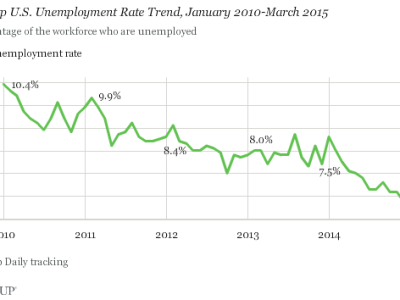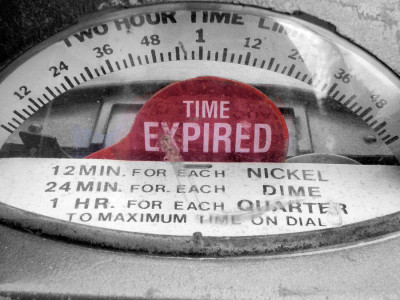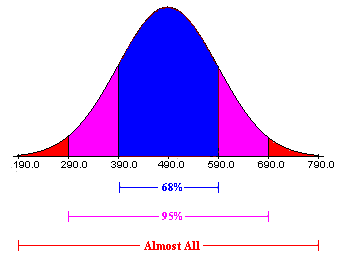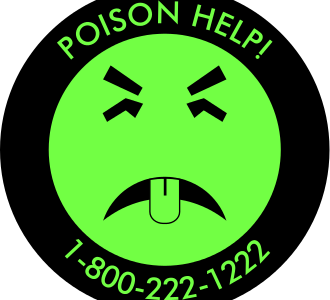regulatory policy
It’s Déjà Vu All Over Again
Reagan, Gingrich, Bush — and Now Trump. This is a battle we’ve fought before.
As the choice of Scott Pruitt to head EPA confirms, we’re about to face a radical attack on environmental protection. We’ve seen this movie before. Three times, actually, starring Ronald Reagan, Newt Gingrich, and George W. Bush. So this feels in a way like the fourth installment in a horror film franchise. Call it “Return of the …
Continue reading “It’s Déjà Vu All Over Again”
CONTINUE READINGTSCA Update: EPA Selects First 10 Chemicals for Risk Evaluation
Asbestos included in first 10 chemicals EPA will evaluate for human and environmental risks under TSCA
Today EPA released a list of the first ten chemicals it will evaluate for risks to human health and the environment under the reformed Toxic Substances Control Act (TSCA). These ten chemicals, drawn from a list of 90 in EPA’s 2014 TSCA Work Plan, will undergo complete risk evaluations within three years. If EPA finds …
Continue reading “TSCA Update: EPA Selects First 10 Chemicals for Risk Evaluation”
CONTINUE READINGReviewing the REVIEW Act
This bill is in the running for the all-time “lame legislation” prize.
You can tell right away that this bill — passed by the House only yesterday — is a really clunker. The title is Require Evaluation Before Implementing Executive Wishlists Act of 2016. Really, that’s the best they could come up with? But it only gets worse. The bill provides that no “high-impact rule” can go …
Continue reading “Reviewing the REVIEW Act”
CONTINUE READINGLabor Mobility and Environmental Regulation
Net job loss is small, but the effects of regulation might leave some workers stranded.
Regulators should give some thought to issues of labor mobility, which may be smaller than economists have assumed. Recent studies show that people who lost manufacturing jobs due to competition from China often failed to get new jobs in other places or sectors of the economy. Regulation can also cause some individual to lose their …
Continue reading “Labor Mobility and Environmental Regulation”
CONTINUE READINGThe Perverse Growth of the “Job Killing” Meme
As unemployment goes down and down, talk about “job killing regulations” goes up and up.
We’ve had a number of posts about the claim that regulations cause major job losses. The evidence doesn’t support this claim. (See this post from October). But the claim at least seemed understandable in the depths of the recession, when people were desperately worried about unemployment. The weird thing is that as unemployment has gone …
Continue reading “The Perverse Growth of the “Job Killing” Meme”
CONTINUE READINGHas EPA’s Proposed NSPS Expired?
Responding to claims that EPA must withdraw its proposed rules to control power-plant GHGs under CAA § 111
Challenges to EPA’s emergent program to regulate greenhouse gas (GHG) emissions under Clean Air Act section 111 continue to mount. Recently, the Attorneys General of 19 states sent a joint letter to EPA arguing that because EPA failed to finalize its proposed New Source Performance Standard (NSPS) for GHG emissions within one year—as the Clean …
Continue reading “Has EPA’s Proposed NSPS Expired?”
CONTINUE READINGThe Dietary Supplement Scandal
There are 65,000 dietary supplements on the market, and almost half the population uses at least one of them. Americans spent $13 billion on dietary supplements last year, according to the Washington Post. There are disturbing indications that nearly all that money is wasted — or to put it more bluntly, that the industry is essentially …
Continue reading “The Dietary Supplement Scandal”
CONTINUE READING“You’re Just Not My Type (of error)”
Most people find statistics off-putting — who wants to look at a bunch of numbers? And Statistics courses, which are required for students in many majors, are usually viewed as a painful box to check. But when you put aside the numbers and the technicalities, statisticians also have some simple yet powerful concepts. One of …
Continue reading ““You’re Just Not My Type (of error)””
CONTINUE READINGThe Role of Permits in the Regulatory State
The structure of permitting programs can make a big difference for the implementation of environmental law
Author’s Note: The following post is co-authored by Eric Biber and J.B. Ruhl, the David Daniels Allen Distinguished Chair of Law and the Co-Director of the Energy, Environment, and Land Use Program at Vanderbilt Law School. This post is cross-posted at Reg Blog. Reg Blog, supported by the U Penn Program on Regulation is an …
Continue reading “The Role of Permits in the Regulatory State”
CONTINUE READINGThe Food Safety Paradox
As Tom McGarity documents in his recent book, Freedom to Harm, the American food safety system is in disarray. You’d think we’d all be wiped out by food poisoning. Yet, the rate of sickness caused by bad food seems to have remained constant since the mid-nineties. What’s going on? McGarity and others are right about the …
Continue reading “The Food Safety Paradox”
CONTINUE READING










